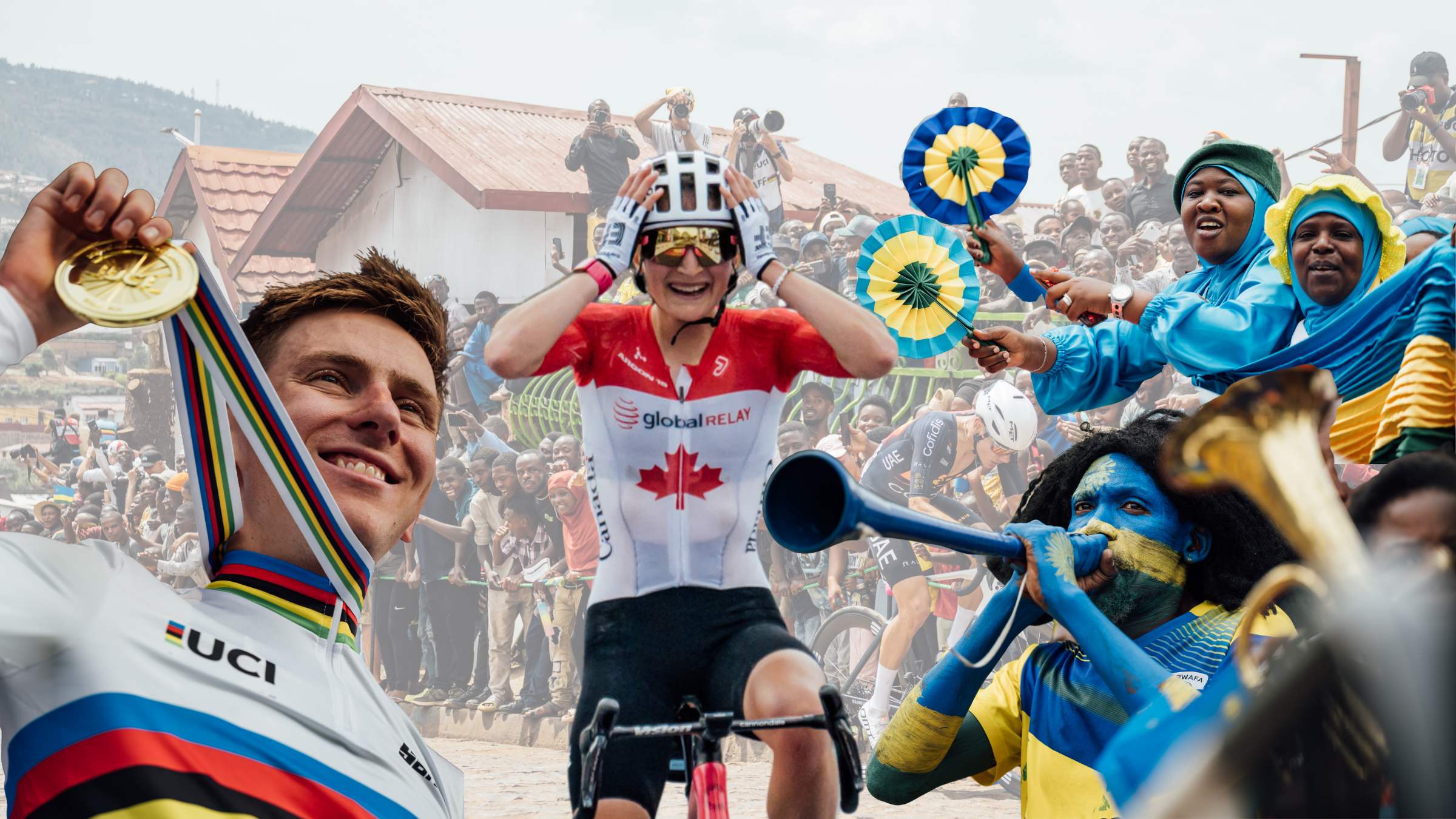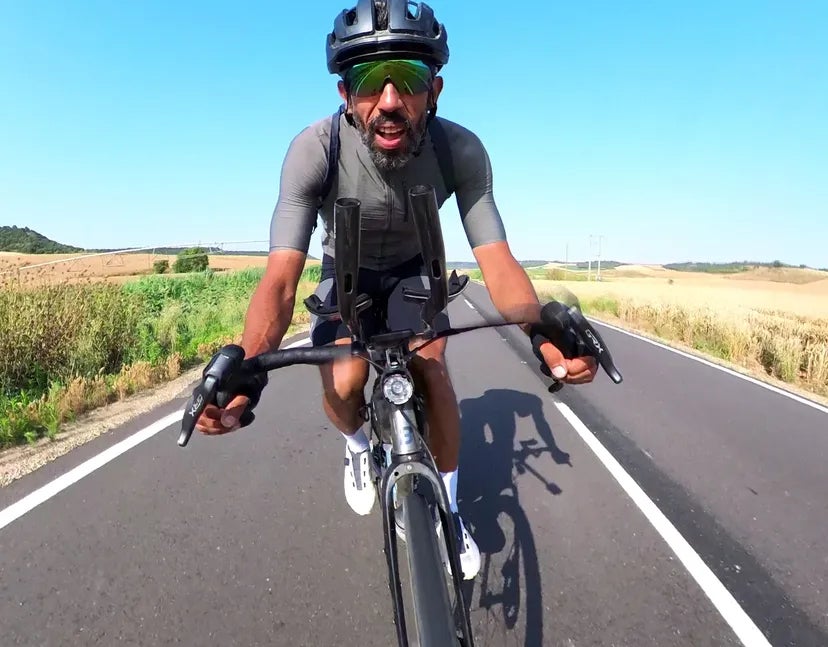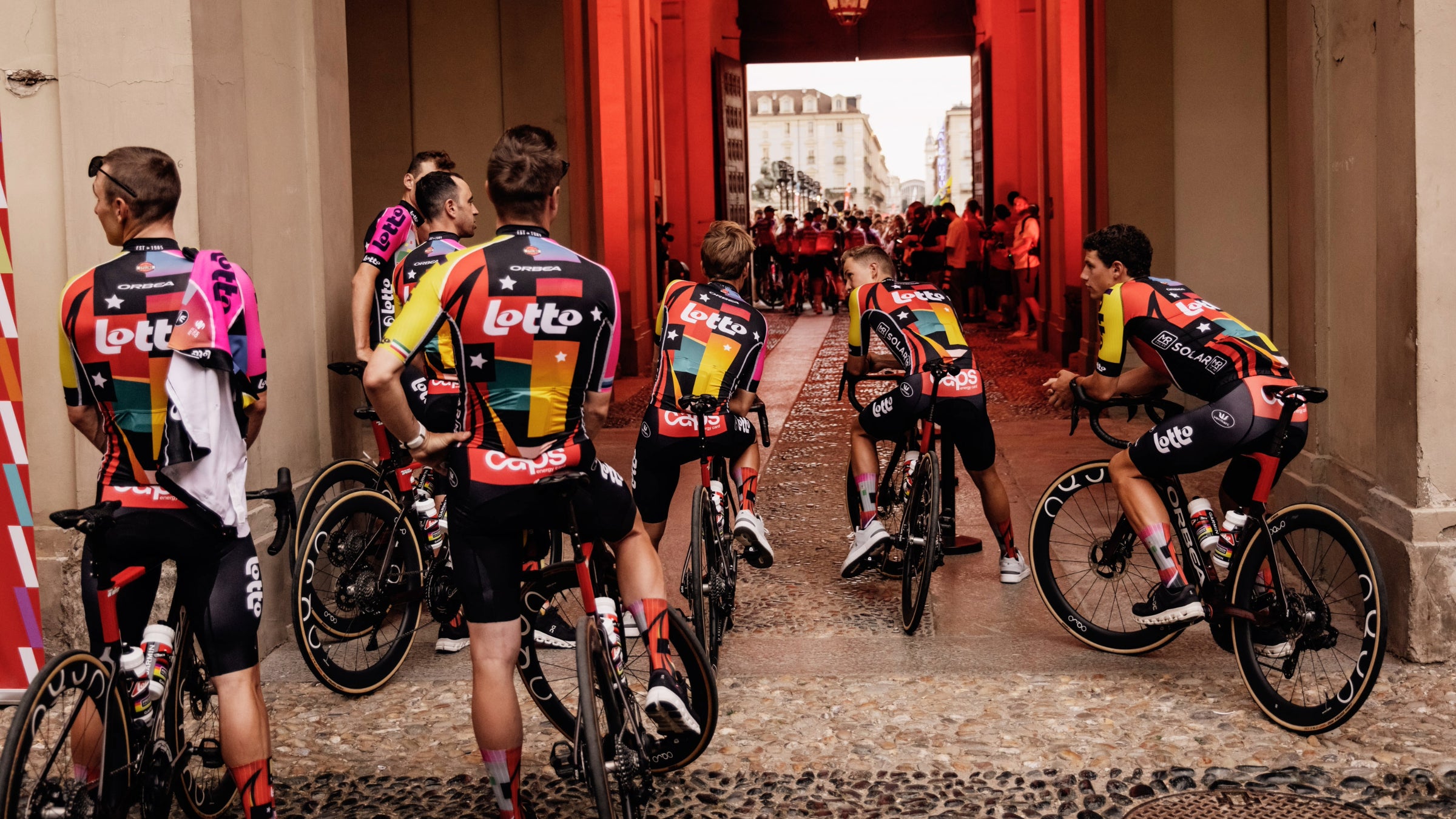Kigali 2025: A Cycling Journey of Hope, Ambition, and Uncertainty
When the Union Cycliste Internationale (UCI) announced that Rwanda would host the 2025 Road World Championships, it stirred curiosity and raised eyebrows across the globe. How could this small, landlocked country in Central Africa, renowned for its vibrant landscapes and tragic past, be the backdrop for such an iconic event? As the dust settles after the championship, it’s time to explore how this monumental decision might change cycling—especially in Africa.
A Spectacular Event Amidst Challenges
This year’s championships turned out to be breathtaking! Stunning races, fierce competition, and passionate fans waving Rwandan flags made it an unforgettable experience. Crowds gathered to cheer, showcasing a sense of national pride not just for the athletes but for the whole country. For a brief moment, Rwanda shone under the international spotlight, giving a boost to its tourism and economy.
However, the event wasn’t just about races and winners; it brought forth lingering questions about Rwanda’s future. Despite a history shadowed by civil war and human rights issues, the championships put cycling at the forefront, suggesting a possibility for rehabilitation and growth.
From Tragedy to Triumph
To understand how far Rwanda has come, we must glance back at its painful past. The genocide of the 1990s left deep scars, but the nation has rebuilt itself remarkably since then. Under President Paul Kagame’s leadership, efforts have been made to modernize infrastructure and develop various sectors, including tourism and technology. This transformation is impressive, yet it comes with complexities, as Kagame’s government is known for its authoritarian rule.
Bicycles as Symbols of Hope
Interestingly, cycling has played a significant role in Rwanda’s revival. With roads destroyed during the war, bicycles became essential for transportation. Initiatives like Project Rwanda, founded by cycling pioneers, helped develop a competitive spirit and nurture talent within Rwandan cycling. The documentary Rising from Ashes further inspired a resurgence in the sport, paving the way for Rwandan cyclists to compete globally.
The Bigger Picture
The UCI is on a mission to grow cycling beyond its European roots. By choosing Rwanda for the championships, it aimed to shine a light on emerging markets and promote cycling worldwide. This aligns with a historical trend where non-European countries that hosted world championships saw significant boosts in their cycling culture, like Colombia and Australia.
However, hosting such a prestigious event isn’t without risks. It raises questions about whether hosting countries might use sports as a way to divert attention from their political issues—an idea known as “sportswashing.” Analysts worry that Rwanda could follow this path, harnessing the spectacle of cycling to bolster its image while potential conflicts simmer in the background.
A Cycling Culture on the Rise
Despite the uncertainties, this championship gives Rwanda a chance to thrive in cycling. The success of the event could inspire young athletes and attract investments, fostering a stronger cycling culture across Africa. It’s an opportunity for Rwanda to continue its journey from the ashes of the past into a brighter future.
In summary, the 2025 World Championships in Kigali demonstrated the potential of sports to unify and inspire. While challenges remain, there’s hope that cycling will continue to flourish in Rwanda and beyond. So, whatever you do, hop on your bike, support local races, and be part of this cycling revival—it’s a ride worth taking!
Original article: Click here











